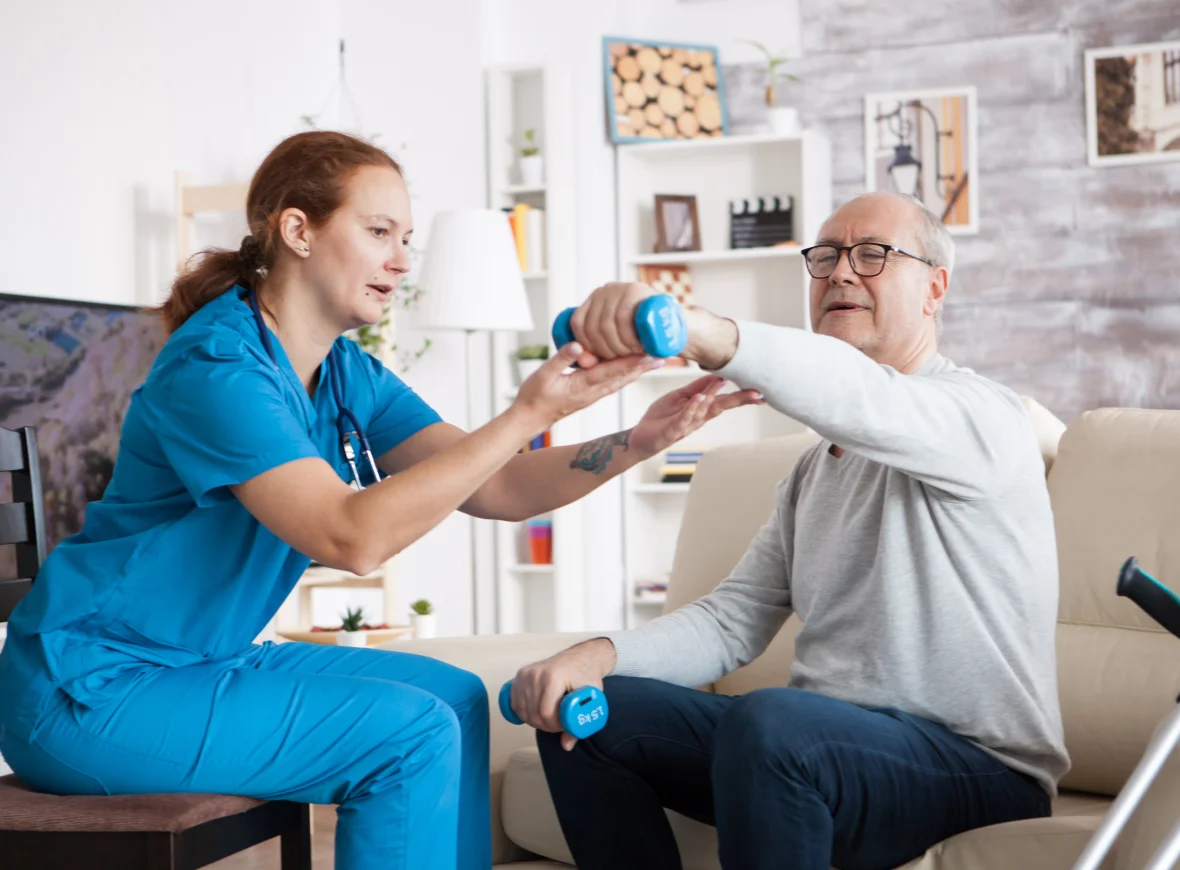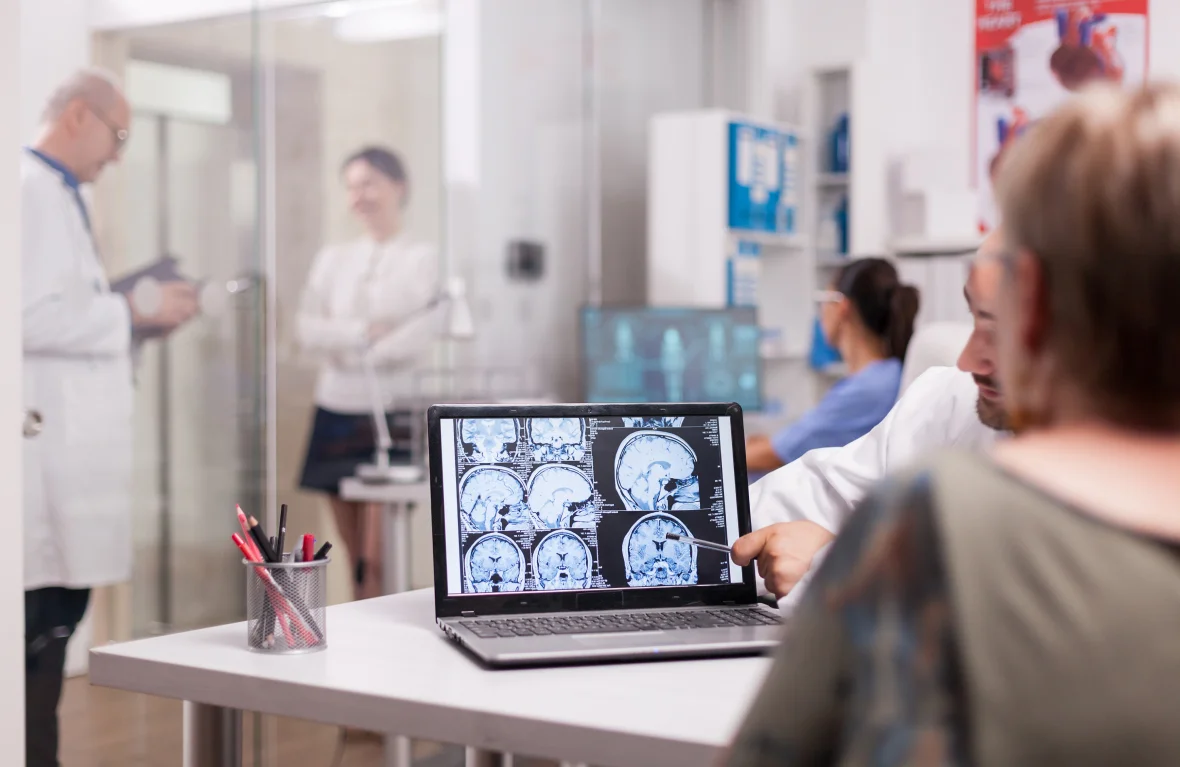IntroductionLiving with an acquired brain injury (ABI) often requires ongoing care and support, and many individuals benefit greatly from residential and supported living environments. These settings offer the structure and security needed to foster growth, independence, and well-being. A safe, supportive environment is essential for ABI patients to thrive, enabling them to engage in life …
Introduction
Living with an acquired brain injury (ABI) often requires ongoing care and support, and many individuals benefit greatly from residential and supported living environments. These settings offer the structure and security needed to foster growth, independence, and well-being. A safe, supportive environment is essential for ABI patients to thrive, enabling them to engage in life fully and confidently.
Core Components of a Supported Living Community
- Safe and Supportive Living Environment
ABI-supported living services provide a structured, secure setting where individuals can receive 24/7 care tailored to their needs. These environments prioritize safety and comfort, offering a compassionate approach to care that gives patients and their families peace of mind. With trained staff and resources on hand, patients are supported in their day-to-day activities, allowing them to focus on personal growth and healing. - Focus on Quality of Life for ABI Patients
Supported living services go beyond medical care, emphasizing productive living, skill development, and social engagement. Programs within these communities are designed to enrich residents’ lives, whether through recreational activities, educational opportunities, or life skills training. By promoting independence within a safe framework, supported living facilities enable residents to enjoy a high quality of life and build meaningful relationships. - Family and Community Involvement
Family involvement is a core element of successful supported living communities. Families are encouraged to stay involved in their loved one’s recovery journey, receiving regular updates and participating in decision-making processes. Additionally, peer mentorship and social networks within the community foster belonging and confidence. These relationships build resilience, helping patients and families feel connected and supported.
Advantages of Long-Term and Lifetime ABI Support
For ABI patients who require consistent care, long-term residential support provides a stable foundation for life. Long-term care offers the resources and infrastructure to address ongoing needs, helping individuals maintain their independence and well-being over time. Through structured programs and compassionate care, residential services allow patients to find purpose and fulfillment, making a positive difference in their lives.
Conclusion
ABI patients deserve a nurturing environment that supports their unique needs and promotes personal growth. Safe and supportive communities offer a long-term solution for families seeking comprehensive care options, providing a lifetime of stability and compassion. For caregivers and families, exploring residential ABI programs is an important step in ensuring a fulfilling future for their loved ones.




